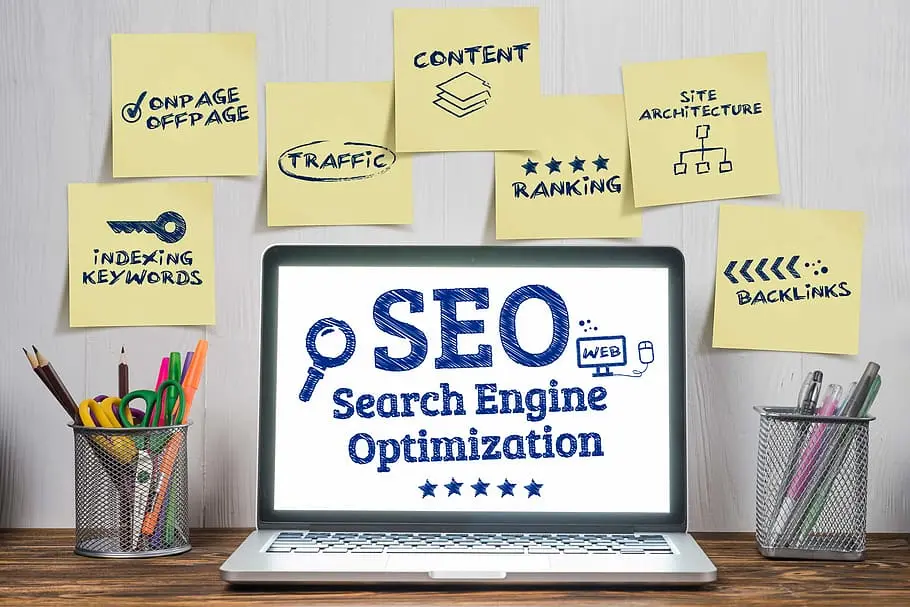E-commerce businesses can improve their online visibility by building quality backlinks. To do this, they must first understand what makes a quality link and how to identify one.
Analyze your competitors’ link profiles to understand what’s expected in your industry. You can also use digital PR strategies to get links from high-authority sites.
Table of Contents
On-Page Optimization
Ecommerce websites must optimize their pages so that search engines understand what they’re about and the keywords they rank for. This includes optimizing the content on each page with relevant information, videos, images, and text.
This can include things like using unique descriptions of each product and including relevant keyword-rich links in the body of the text. It can also involve highlighting any special offers or discounts you have for different types of people.
The challenge is convincing the strangers who run other websites to link to you. That’s why creative ecommerce link-building is so essential. Examples include finding existing content with unlinked brand mentions and asking the site owner to add your link. You could even offer a sample product in exchange for a link if it’s marked as sponsored and followed.
Social Media
Backlinks for ecommerce building can be complex because people are often reluctant to link to your site. However, there are ways to make your outreach more personalized and effective. First, you should optimize your product page for a link. You can do this by adding more photos, videos, and detailed descriptions.
Try getting as many quality links as possible. This will help diversify your backlink profile and prevent search engine algorithms from detecting suspicious patterns.
One great way to do this is by contacting sites that cover ecommerce brands and asking them to include your products in their content. This is an excellent option for building new links and increasing visibility for your brand.
Guest Posting
Ecommerce website owners can benefit from high-quality backlinks from guest posts on relevant blogs and websites. These backlinks can attract more targeted traffic and improve their search engine rankings.
This is a great way to build credibility and authority in the industry. However, it is essential to remember that the links you make need to be related to your products and services.
It is also essential to target the correct type of audience. This will ensure that your content is seen by the people most likely to purchase it. One of the best ways to do this is by networking with other businesses through platforms like HARO. This can lead to valuable partnerships and increase your visibility online. It can also help to generate revenue, which is how ecommerce sites stay afloat.
Product Reviews
A great way to improve ecommerce SEO is by getting your customers to write product reviews. This will help increase search engine visibility and organic traffic while boosting your website’s internal linking.
When writing these reviews, ensure they are unique and relevant to the reviewed product. Including links to your website’s product page and other relevant pages is also a good idea.
Ecommerce link building is vital for improving search engine visibility, driving targeted traffic, and establishing trust & authority. Using a combination of white hat techniques like content creation & promotion, outreach & collaboration, and digital PR – ecommerce brands can achieve successful long-term results.
Infographics
Infographics are a great way to share information in a visually compelling manner. They grab attention and drive traffic to your site. They can also be optimized for SEO to increase their searchability.
People tend to stick around on websites that don’t bombard them with a wall of text. Infographics can help improve your site’s stick rate by providing a captivating and easy-to-read narrative.
E-commerce businesses that use infographics see a higher success rate than those that don’t. The reason for this is that infographics are a form of content marketing. As such, they improve the three key elements of SEO: trust, relevance, and authority. This, in turn, leads to higher SERP rankings. For more tips, check out Siege Media’s full-length beginner’s guide to content marketing.

